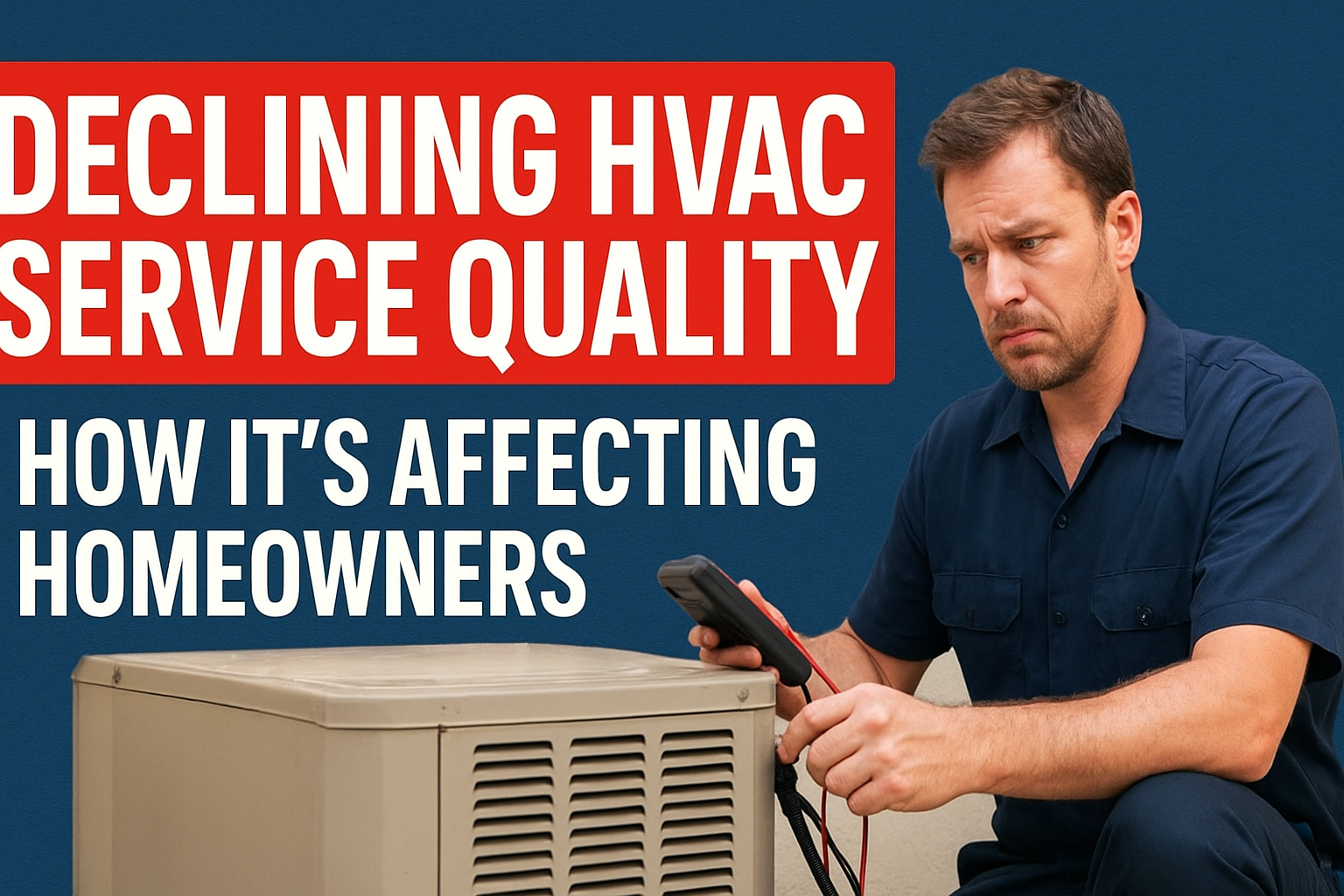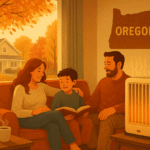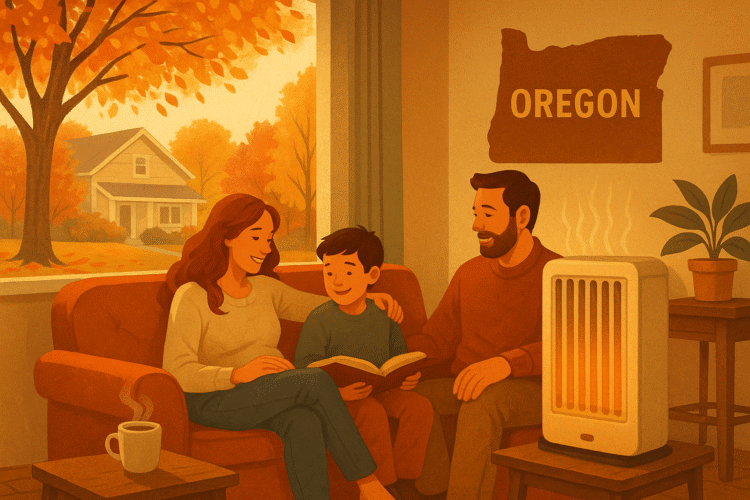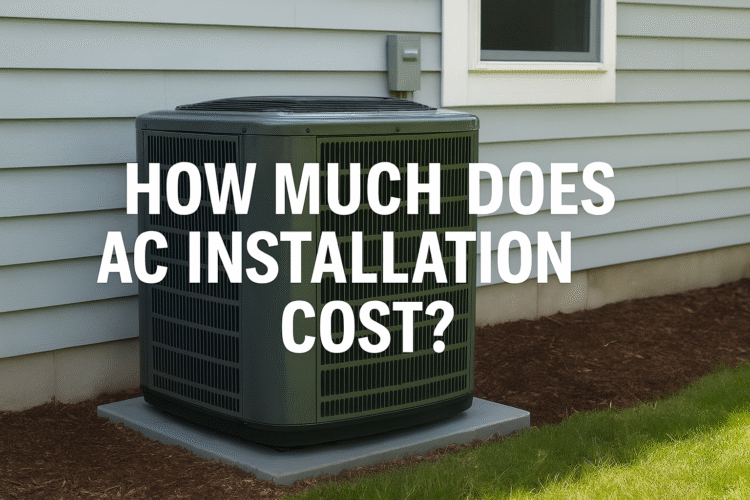
Declining HVAC service quality is becoming a pressing concern in Oregon and across the U.S., with more homeowners reporting rushed installations, improper repairs, and short-lived results after paying good money for heating and cooling services. Whether it’s a newly installed furnace that fails after a few months or ductwork left leaky and unsealed, poor workmanship is taking a toll on comfort, safety, and energy efficiency.
If you’ve ever wondered why your HVAC system keeps acting up despite recent repairs—or why your energy bills are climbing without explanation—you may be witnessing the real-world effects of declining HVAC service quality. In this guide, we’ll explore why service standards are dropping, what you can do to protect yourself, and where to turn when work doesn’t meet professional expectations.
Understanding the Decline in HVAC Service Standards
Why HVAC Quality Is Dropping
Several industry-wide factors are contributing to lower quality HVAC service:
- Labor shortages: Fewer certified technicians are available, leading to rushed training or hiring of inexperienced workers.
- Increased demand: With more homes needing HVAC upgrades, many companies prioritize speed over skill.
- Volume-driven businesses: Some service providers focus on completing as many jobs as possible each day, sacrificing detail.
Underqualified Technicians and Lack of Oversight
Many homeowners are unknowingly allowing underqualified or improperly trained individuals into their homes. In Oregon, it’s illegal to perform HVAC work without a CCB license, but that hasn’t stopped many from trying.
Warning Signs of Poor HVAC Workmanship
How do you spot declining HVAC service quality in your own home? Watch for these red flags:
- No system testing after installation
- Breakdowns shortly after recent servicing
- Visible gaps, leaks, or loose ductwork
- Technicians unable to answer basic questions
- No permit or inspection when required
These issues not only affect comfort—they can be dangerous. For example, an improperly installed gas furnace could leak carbon monoxide.
The Impact of Declining HVAC Service Quality on Homeowners
Poor workmanship leads to:
- Higher utility bills from inefficient equipment
- Shorter equipment lifespan, leading to early replacement costs
- Air quality and safety concerns, particularly with gas or electrical issues
One poorly done job can end up costing thousands over time.
Real Stories: Oregon Homeowners Hit by Bad HVAC Work
In recent years, Oregon homeowners have reported being duped by discount HVAC companies. Some shared stories of:
- Installers skipping duct sealing entirely
- Systems breaking down within weeks
- Contractors refusing to return calls after issues arose
These cases often involved unlicensed subcontractors or third-party service apps that offer no accountability.
Why This Trend Is Growing in Oregon and Beyond
Several elements are fueling the increase in low-quality HVAC service:
- Marketplace apps: Some apps allow anyone with a toolbox to advertise services.
- Unlicensed workers: Individuals avoid licensing to bypass liability and fees.
- Lack of regulation enforcement: In some areas, oversight is stretched thin.
How to Vet HVAC Companies and Avoid Poor Service
To protect your home from the effects of declining HVAC service quality, take these steps:
Verify Licensing
Use Oregon’s Construction Contractors Board license lookup tool:
🔗 oregon.uhire.com
Ask These Key Questions
- Are you licensed with the CCB?
- Will this job require a permit?
- Do you offer a workmanship guarantee?
- Who will be performing the work?
Always check reviews and call references before hiring.
Oregon Resources for HVAC Complaint Resolution
1. Construction Contractors Board (CCB)
- File a complaint: Online or by mail
- Check licenses: Use their license verification tool
- Penalties: Fines up to $5,000 for violations
🔗 oregon.gov/ccb
2. Oregon Department of Justice (DOJ)
Report misleading practices, unsafe work, or service misrepresentation to the Oregon DOJ:
🔗 doj.state.or.us
Why Licensing and Certification Still Matter
Hiring a CCB-licensed contractor means:
- Verified experience and insurance
- Oversight and accountability
- Legal protection for you and your property
Unlicensed workers may offer lower prices, but they come with higher risks—including shoddy results and no legal recourse.
What Contractors Should Be Doing to Restore Trust
To combat declining trust in the HVAC industry, reputable companies must:
- Provide written estimates and contracts
- Conduct full system testing post-installation
- Train staff on code, safety, and customer service
- Be transparent about certifications and experience
FAQs About Declining HVAC Service Quality
Q1: How can I tell if my HVAC work was done poorly?
Look for signs like uneven airflow, unexpected noises, or short cycling.
Q2: Can I report a licensed contractor for poor work?
Yes. CCB accepts quality-related complaints—even against licensed contractors.
Q3: What happens if I file a complaint?
The CCB investigates and may mediate. In some cases, fines or license suspensions follow.
Q4: Can I check a contractor’s complaint history?
Yes. The CCB website shows license status and enforcement actions.
Q5: Should I avoid discounted HVAC services?
Not necessarily—but always verify licensing, references, and insurance before hiring.
Q6: Who do I contact if I feel unsafe due to an HVAC install?
Start with the CCB, then contact the DOJ or local building inspector if needed.
Conclusion: Hold HVAC Providers Accountable for Quality
As declining HVAC service quality continues to affect homeowners, it’s more important than ever to take hiring seriously. Verify licenses, ask the right questions, and demand professionalism. If you receive poor service, report it to the appropriate Oregon agencies—and help raise the standard for HVAC work across the state.






